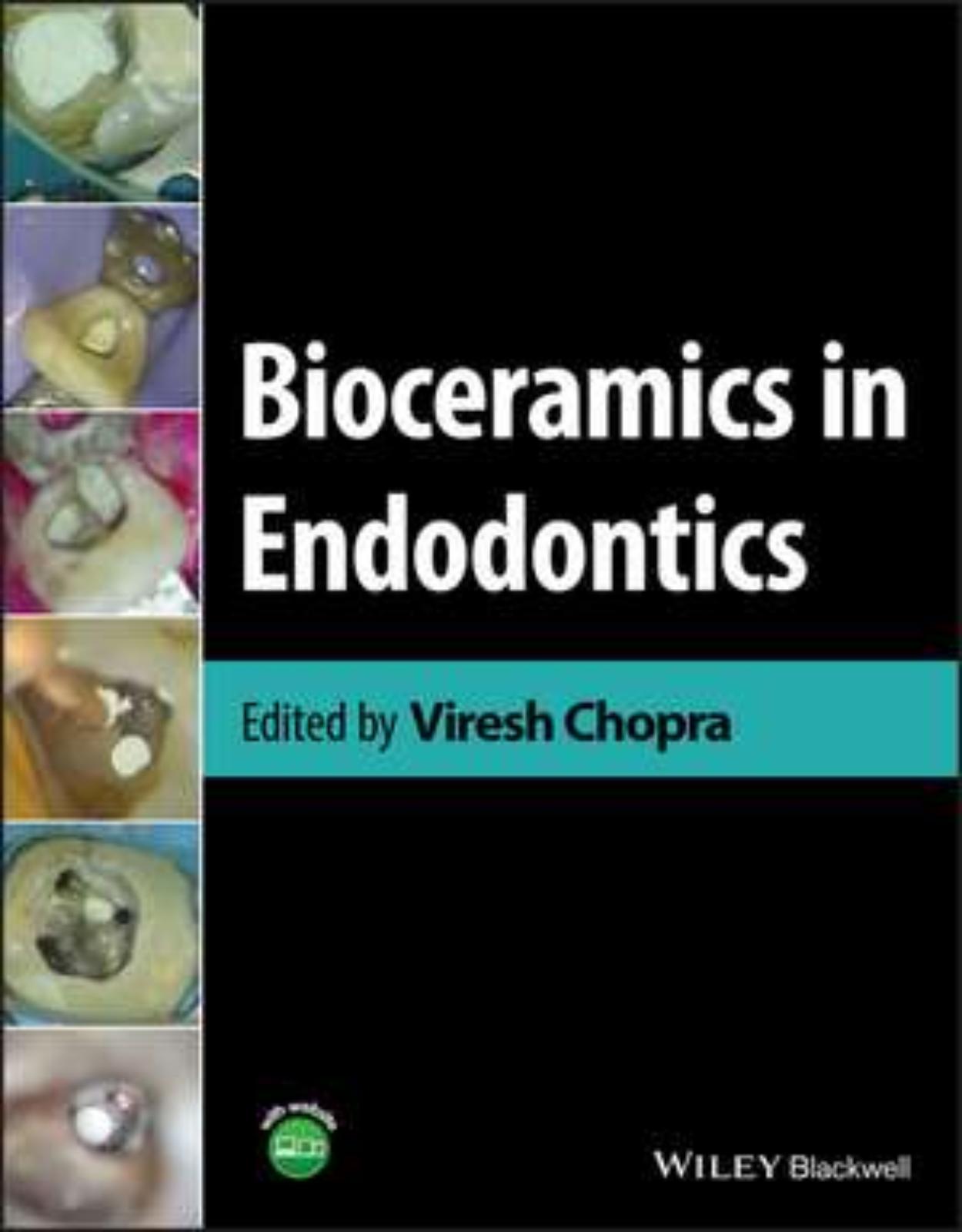
Bioceramics in Endodontics
Livrare gratis la comenzi peste 500 RON. Pentru celelalte comenzi livrarea este 20 RON.
Disponibilitate: La comanda in aproximativ 4-6 saptamani
Autor: Viresh Chopra
Editura: Wiley
Limba: Engleza
Nr. pagini: 336
Coperta: Hardcover
Dimensiuni: 157 x 231 x 20 mm
An aparitie: 26 mai 2024
Description
Bioceramics in Endodontics
Practical reference book in the emerging field of endodontics, focusing on overall makeup of dental bioceramics and relevant clinical situations in endodontics where various forms of bioceramics has been used to treat teeth successfully.
Bioceramics in Endodontics is a highly unique resource that blends together detailed information on the physico-chemical and biological properties of bioceramics with their clinical application in endodontics, exploring history and chemistry, mechanical properties, advantages of bioceramics over other materials, and clinical cases with high definition pictures and videos demonstrating their usage across wide variety of clinical situations in endodontics.
Written by highly qualified authors with significant experience in the field, Bioceramics in Endodontics includes information on:
- Material characteristics of bioceramics that Endodontists/Clinicians should be aware of
- Evidence based decisions between coneless and coned obturations, and healing of periapical lesions over a recall period of 3-5 years
- Endodontic treatment of patients using bioceramic sealers
- Endodontic mishaps treated with bioceramic repair material
- Evidence based approach for apexification using bioceramics
- Use of bioceramics as a root end filling material and guidelines guidelines to finding new applications for bioceramics
- Comparison of Bioceramics with gold standard endodontic materials
A highly unique exploration into the subject, Bioceramics in Endodontics provides an essential core overview of the field of bioceramics in endodontics and related applications, making it a must-have resource for dental practitioners, along with undergraduate and postgraduate students in endodontics and other related programs of study.
Table of Contents
List of Contributors xv
Foreword by Professor Nutayla Said Al Harthy xix
Foreword by Stephen Cohen xxi
Preface xxiii
Acknowledgments xxv
About the Companion Website xxvii
1 Bioceramics in Dentistry 1
Vineeta Nikhil, Sachin Gupta, Shikha Jaiswal, and Padmanabh Jha
1.1 Introduction 2
1.2 History and Evolution of Bioceramics 3
1.3 Classification of Bioceramics 4
1.3.1 Based on Generations 4
1.3.2 Based on Tissue Interaction 5
1.3.3 Based on Structure 5
1.3.4 Based on Composition 6
1.3.5 Based on Resorbability 6
1.3.6 Based on Their Location-Specific Use in Endodontology 7
1.4 Forms of Bioceramics 7
1.4.1 Alumina 7
1.4.2 Zirconia 7
1.4.3 Hydroxyapatite (HA) 8
1.4.4 Calcium Phosphate 8
1.4.5 Mineral Trioxide Aggregate 8
1.4.6 Biodentine 9
1.5 Physicochemical Properties of Bioceramics 9
1.5.1 Portland Cement 9
1.5.2 ProRoot MTA 10
1.5.3 MTA Angelus 12
1.5.4 Biodentine 12
1.5.5 BioAggregate 14
1.5.6 Ceramicrete 14
1.5.7 Calcium-Enriched Mixture Cement 15
1.5.7.1 Physical Properties 15
1.5.7.2 Antibacterial Activity 16
1.5.7.3 Sealing Ability 16
1.5.8 EndoSequence Root Repair Material 16
1.5.8.1 Setting and Working Time 16
1.5.8.2 pH Value 16
1.5.8.3 Microhardness 17
1.5.8.4 Bioactivity 17
1.5.8.5 Sealing Ability 17
1.5.8.6 Antibacterial Activity 17
1.5.9 iROOT 17
1.5.9.1 Physical Properties 18
1.5.10 Endo-CPM 18
1.5.10.1 Physical Properties 18
1.6 Physicochemical Properties of Some Bioinert Bioceramics 20
1.6.1 Alumina (High Purity Dense Alumina/Al2O3) 20
1.6.2 Zirconia 20
1.7 Biological Properties of Bioceramics 21
1.7.1 Cytological Investigation of Biocompatibility 21
1.7.2 Subcutaneous and Intraosseous Implantation 23
1.7.3 Periradicular Tissue Reactions 23
1.7.4 Pulpal Reactions 24
1.7.5 Antibacterial Properties 26
1.8 Application of Bioceramics in Dentistry 26
1.9 Advantages of Bioceramics 28
1.9.1 Regenerative Endodontic Therapy 29
1.9.2 Advantages of BCs When Used as a Sealer/Obturating Material 29
1.10 Limitations 30
1.11 Future Trends 30
1.12 Conclusion 32
References 32
2 Calcium Silicate-Based Dental Bioceramics: History, Status, and Future 43
Abubaker Qutieshat, Shahab Javanmardi, and Gurdeep Singh
2.1 Introduction 44
2.2 Bioceramics: The What and the Why 45
2.3 Endodontic Repair Materials with Ideal Properties 45
2.4 Calcium Silicate-based Materials: A Look Back in History 45
2.5 Chemical Properties 48
2.5.1 Heavy Metal Contamination 52
2.5.2 Setting Reaction 53
2.6 Synthetic Calcium Silicates 55
2.6.1 Biodentine 55
2.6.2 BioAggregate 55
2.6.3 EndoSequence 56
2.6.4 iRoot BP Plus 56
2.6.5 NeoMTA Plus 57
2.6.6 BioRoot RCS 57
2.7 Technical Report 57
2.7.1 Methods 57
2.7.1.1 Flame Emission Spectroscopy 58
2.7.1.2 X-ray Diffraction 59
2.7.2 Results 60
2.8 Recommendations for Implementation 61
2.9 Conclusion 64
References 64
3 Bioceramics in Clinical Endodontics 71
Ayfer Atav, Burçin Arıcan, and Keziban Olcay
3.1 Introduction 72
3.2 Classification of Hydraulic Cements in Endodontics 73
3.2.1 Type 1 Hydraulic Cements 73
3.2.1.1 ProRoot MTA 73
3.2.2 Type 2 Hydraulic Cements 75
3.2.2.1 MTA Angelus 76
3.2.2.2 MTA Bio 77
3.2.2.3 MM-MTA™ 77
3.2.3 Type 3 Hydraulic Cements 78
3.2.3.1 EndoSeal MTA 78
3.2.3.2 MTA Fillapex 78
3.2.3.3 TheraCal LC 79
3.2.3.4 TheraCal PT 80
3.2.4 Type 4 Hydraulic Cements 80
3.2.4.1 BioAggregate 81
3.2.4.2 Biodentine™ 82
3.2.4.3 BioRoot RCS 83
3.2.4.4 MTA BIOREP 84
3.2.4.5 Bio-C Pulpo 84
3.2.4.6 MTA Repair HP 85
3.3 Conclusion 93
References 93
4 Bioceramics: Root-End Filling Material 105
Sanjay Miglani, Swadheena Patro, Ankita Mohanty, and Antarikshya Das
4.1 Introduction 106
4.2 Microsurgical Endodontics 106
4.3 History 107
4.4 Properties of Root-End Filling Material 108
4.5 Bioceramic Materials 108
4.5.1 Mineral Trioxide Aggregate 108
4.5.2 Bioaggregate 111
4.5.3 Biodentine 112
4.5.4 iRoot BP Plus Bioceramic Putty 112
4.5.5 Capasio 112
4.5.6 Calcium-Enriched Material 113
4.5.7 EndoSequence 114
4.5.8 EndoBinder 115
4.5.9 Generex A 116
4.5.10 Quick-Set 117
4.5.11 Ceramicrete-D 118
4.5.12 Bioglass 119
4.6 Conclusion 121
References 121
5 Bioceramics as an Apical Plug 129
Riccardo Tonini and Marilu’ Garo
5.1 Apical Plug 129
5.2 MTA Apical Plug Outcome 131
5.3 Other Apical Plug Materials 132
5.4 Apical Plug Technique 133
5.4.1 In the First Session 133
5.4.2 In the Second Session 133
5.4.3 Extra-Apical Resorbable Barriers 135
5.4.4 Apical Sounding Technique Procedure 137
5.5 Complex Clinical Cases 141
References 147
6 Regeneration in Endodontics with Clinical Cases 153
Abhishek Parolia, Maya Feghali, and Catherine Ricci
6.1 Introduction 153
6.2 Factors Affecting the Clinical Outcome of REP 155
6.2.1 Etiology 155
6.2.2 Type of the Tooth 155
6.2.3 Induction of Bleeding and Blood Clot 156
6.2.4 Disinfection of the Root Canal System 156
6.2.5 Coronal Barrier 157
6.3 Materials used for REP 157
6.4 Key Points to Remember While Performing REPs 159
References 164
7 Management of Deep Caries with Bioceramics 169
Antonis Chaniotis and Viresh Chopra
7.1 Introduction 169
7.2 Patient Information 170
7.2.1 Tooth 170
7.3 Treatment Plan 170
7.4 Learning Objectives 172
References 172
8 Regenerative Management of an Infected Pulp of a Permanent Tooth Using Bioceramics 173
Antonis Chaniotis and Viresh Chopra
8.1 Introduction 173
8.2 Patient Information 174
8.2.1 Tooth 174
8.3.1 First Visit 175
8.3.2 Second Visit 176
8.3.3 Recall 177
8.4 Learning Objectives 177
References 177
9 Endodontic Management of a Necrosed Pulp with Wide Open Apex 179
Antonis Chaniotis and Viresh Chopra
9.1 Introduction 179
9.2 Patient Information 180
9.2.1 Tooth 180
9.3 Treatment Plan 180
9.4 Technical Aspects 181
9.4.1 First Visit 181
9.4.2 Second Visit 182
9.5 Learning Objectives 183
References 184
10 Clinical Application of Bioceramics as Direct Pulp Capping Material 185
Antonis Chaniotis and Viresh Chopra
10.1 Introduction 185
10.2 Patient Information 186
10.2.1 Tooth 186
10.3 Treatment Plan 187
10.4 Technical Aspects 188
10.5 Learning Objectives 188
References 188
11 Sealer-Based Obturations Using Bioceramics in Nonsurgical Root Canal Treatments 189
Garima Poddar, Ajay Bajaj, and Viresh Chopra
11.1 Introduction 190
11.2 Case 1 192
11.2.1 Patient Information 192
11.2.2 Details of the Tooth 192
11.2.3 Radiographic Evaluation of Tooth Number 35 Revealed the Following 193
11.2.4 Diagnosis 193
11.3 Treatment Plan 193
11.4 Treatment Done 194
11.4.1 Instrumentation Protocol 194
11.4.2 Irrigation Protocol 194
11.4.3 Obturation Protocol 195
11.4.4 Post Endodontic Restoration 196
11.4.5 Rationale on the Treatment Protocol and the Material Used 196
11.5 Learning Objectives for the Readers 196
11.6 Case 2 196
11.6.1 Patient Information 196
11.6.2 Details of the Tooth 197
11.6.2.1 Clinical Examination Findings 197
11.6.2.2 Preoperative Radiological Assessment 197
11.6.3 Diagnosis 198
11.7 Treatment Plan 200
11.8 Treatment Done 202
11.8.1 Instrumentation Protocol 202
11.8.2 Irrigation Protocol 203
11.8.3 Obturation Protocol 204
11.8.4 Post Endodontic Phase 205
11.8.5 Rationale on the Treatment Protocol and the Material Used 206
11.9 Learning Objectives for the Readers 206
11.10 Case 3 206
11.10.1 Patient Information 206
11.10.2 Details of the Tooth 206
11.10.3 Preoperative Radiological Assessment 207
11.10.4 Diagnosis 207
11.11 Treatment plan 207
11.12 Treatment Done 207
11.12.1 Instrumentation Protocol 207
11.12.2 Irrigation Protocol 208
11.12.3 Obturation Protocol 209
11.12.4 Post Endo Restorative Phase 211
11.12.5 Rationale on the Treatment Protocol and the Material Used 211
11.13 Learning Objectives for the Readers 211
11.14 Discussion 211
References 212
12 BioConeless Obturation 215
Francesca Cerutti and Calogero Bugea
12.1 Introduction 215
12.2 Why BioConeless? 217
12.2.1 BioConeless: Indications 221
12.2.2 BioConeless: How to Do It? 224
12.2.3 Concerns Regarding the Complete Filling of the Root Canal with the Coneless and BioConeless Techniques 231
12.2.4 Concerns Regarding the Consistency of the Obturation 234
12.2.4.1 Time Required to Complete the Obturation 234
12.3 Final Remarks 234
12.4 Learning Objectives 235
References 235
13 Primary Endodontic Treatment using ProTaper Ultimate and AH Plus Bioceramic Sealer 239
Viresh Chopra and Harneet Chopra
13.1 Introduction of the Case 239
13.1.1 Patient Information 239
13.1.2 Tooth 240
13.2 Treatment Procedure for the First Appointment 241
13.3 Treatment Procedure for the Second Appointment 242
13.3.1 Irrigation Protocol 244
13.4 Technical Aspects 244
13.4.1 Follow up 244
13.5 Learning Objectives 244
14 Management of Failed Root Canal Treatment in an Anterior Tooth Using Calcium Silicate Cement 247
Viresh Chopra and Ajinkya Pawar
14.1 Introduction of the Case 247
14.1.1 Patient Information 248
14.1.2 Diagnosis (Pulpal and Periapical) 249
14.1.2.1 Advice 249
14.2 Treatment Plan 249
14.2.1 Treatment Procedure for the First Appointment 249
14.2.2 Treatment Procedure for the Second Appointment 250
14.2.3 Irrigation Protocol 252
14.2.3.1 Materials Used for Obturation 252
14.3 Technical Aspects 252
14.3.1 Follow-up 253
14.4 Learning Objectives 253
15 Apexification of a Traumatic Central Incisor with an Apical Plug Technique using Calcium Silicate Cement 255
Viresh Chopra, Harneet Chopra, and Aylin Baysan
15.1 Introduction of the Case 256
15.1.1 Patient Information 256
15.1.2 Tooth Information 256
15.1.2.1 Identification 256
15.1.2.2 Dental History 256
15.1.2.3 Clinical Examination Findings 256
15.1.2.4 Diagnosis (Pulpal and Periapical) 256
15.1.2.5 Advice 256
15.2 Treatment Plan 256
15.2.1 Treatment Procedure for the First Appointment 257
15.2.2 Treatment Procedure for the Second Appointment 258
15.2.3 Treatment Procedure for the Third Appointment 258
15.2.3.1 Irrigation Protocol 259
15.3 Technical Aspects 259
15.3.1 Follow-up 261
15.4 Learning Objectives 261
15.5 Conclusion 261
16 Coneless Obturations: Bioceramics as Obturating Materials 263
Viresh Chopra and Maryam Hasnain
16.1 Introduction 264
16.2 Introduction of the Case 264
16.2.1 Patient Information 264
16.2.2 Tooth Information 265
16.2.2.1 Identification 265
16.2.2.2 Dental History 265
16.2.2.3 Diagnosis (Pulpal and Periapical) 266
16.2.2.4 Advice 266
16.3 Treatment Plan 266
16.3.1 Treatment Procedure for the First Appointment 266
16.3.2 Treatment Procedure for the Second Appointment 268
16.3.2.1 Irrigation Protocol 269
16.4 Technical Aspects 269
16.5 Learning Objectives 270
16.6 Conclusion 271
References 271
17 Selective Management of a Case With Complicated Internal Morphology 273
Gergely Benyo"cs and Viresh Chopra
17.1 Introduction of the Case 273
17.1.1 Patient Information 274
17.1.2 Tooth Information 274
17.1.2.1 Identification 274
17.1.2.2 Dental History 274
17.1.2.3 Investigations 274
17.1.2.4 Diagnosis (Pulpal and Periapical) 276
17.1.2.5 Advice 276
17.2 Treatment Plan 276
17.2.1 Treatment Procedure for the First Appointment 276
17.2.2 Treatment Procedure for the Second Appointment 277
17.2.2.1 Irrigation Protocol 277
17.3 Technical Aspects 279
17.4 Learning Objectives 279
17.5 Conclusion 280
18 Retreatment of a Maxillary Molar With Complex Internal Morphology 281
Gergely Benyo"cs and Viresh Chopra
18.1 Introduction of the Case 282
18.2 Patient Information 282
18.2.1 Tooth Information 282
18.2.1.1 Identification 282
18.2.1.2 Dental History 282
18.2.1.3 Investigations 282
18.2.1.4 Diagnosis (Pulpal and Periapical) 282
18.2.1.5 Advice 282
18.3 Treatment Plan 282
18.3.1 Treatment Procedure for the First Appointment 283
18.3.2 Treatment Procedure for the Second Appointment 284
18.3.2.1 Irrigation Protocol 285
18.4 Technical Aspects 287
18.5 Learning Objectives 288
18.6 Conclusion 288
Index 289
| An aparitie | 26 mai 2024 |
| Autor | Viresh Chopra |
| Dimensiuni | 157 x 231 x 20 mm |
| Editura | Wiley |
| Format | Hardcover |
| ISBN | 9781119898443 |
| Limba | Engleza |
| Nr pag | 336 |

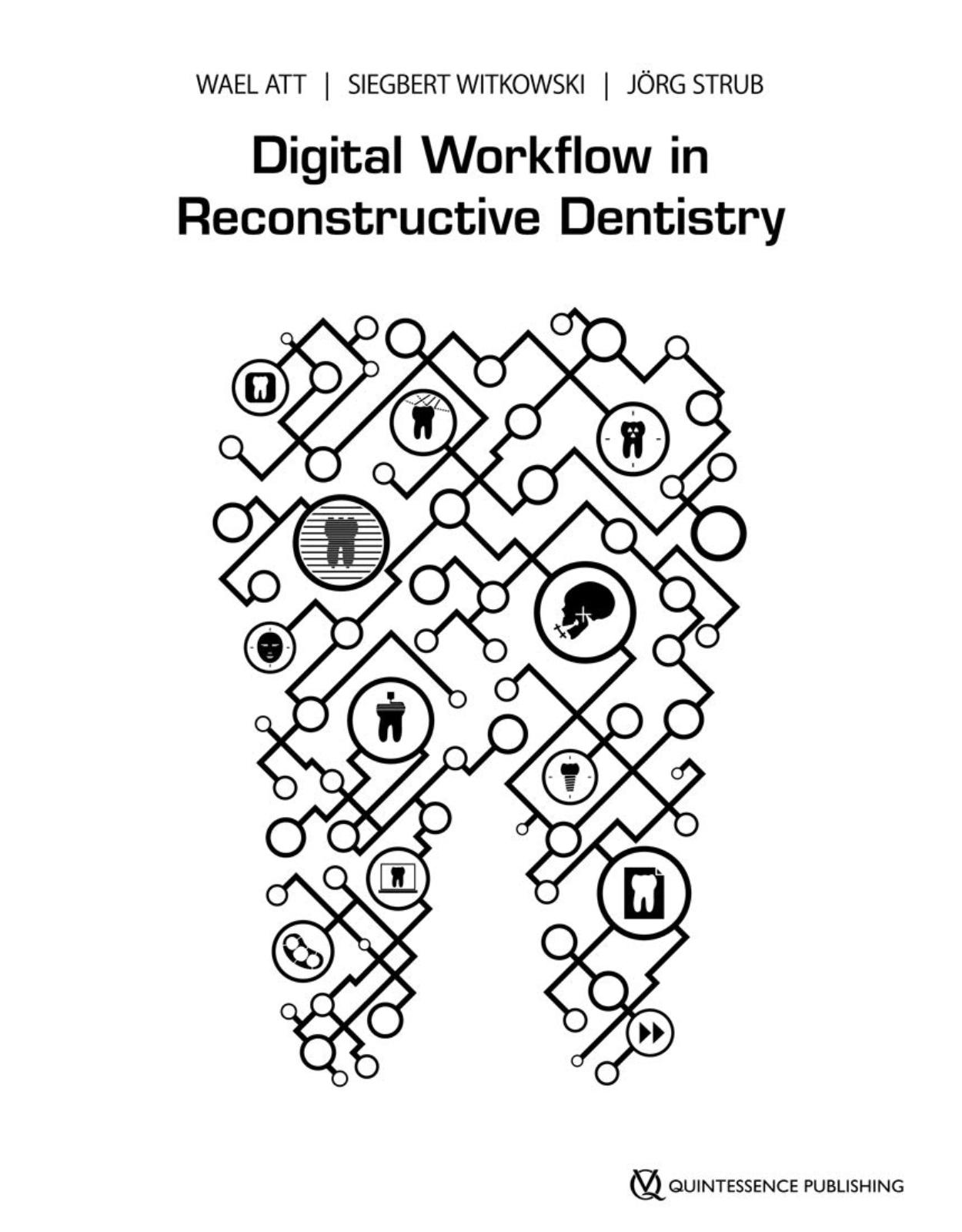
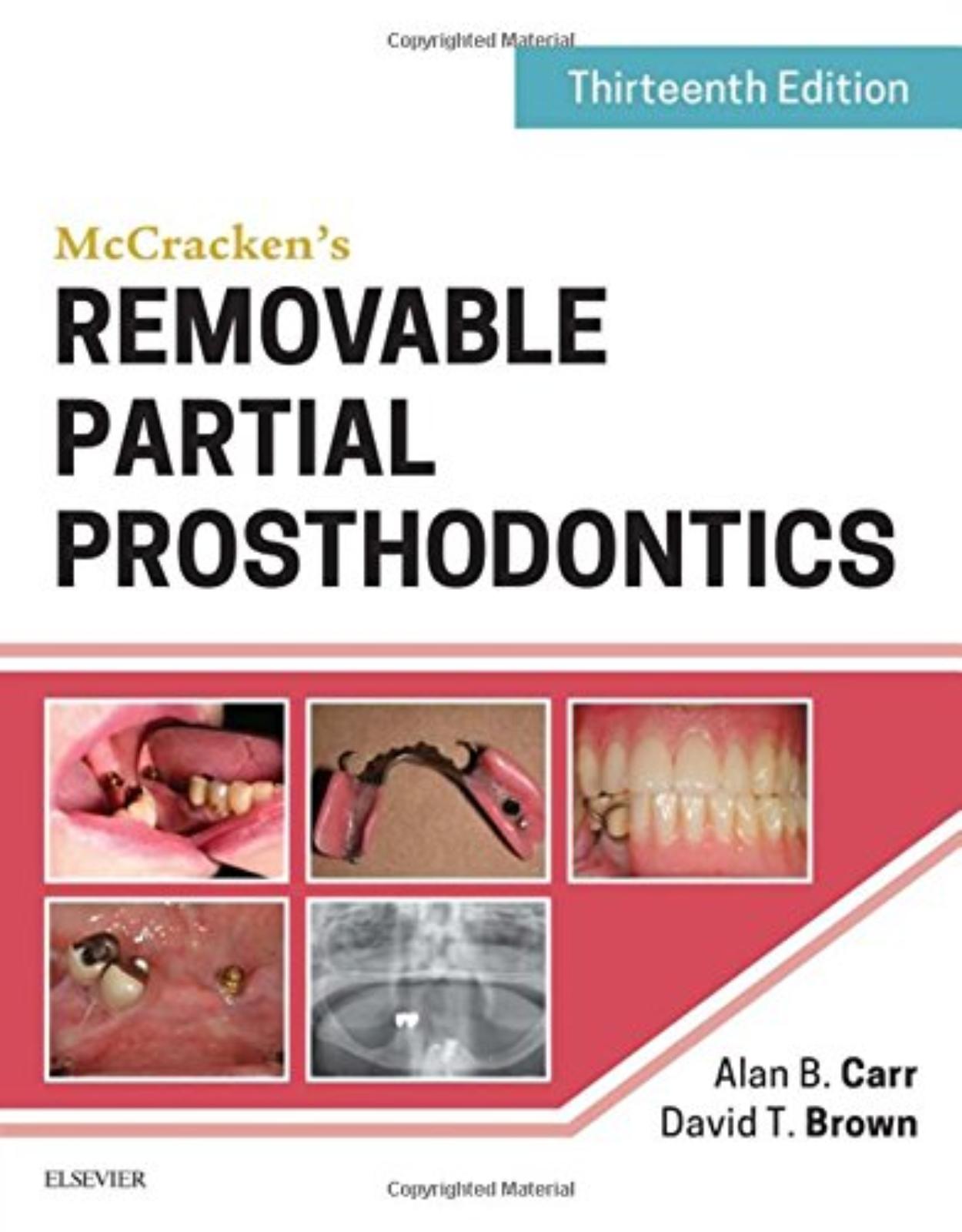
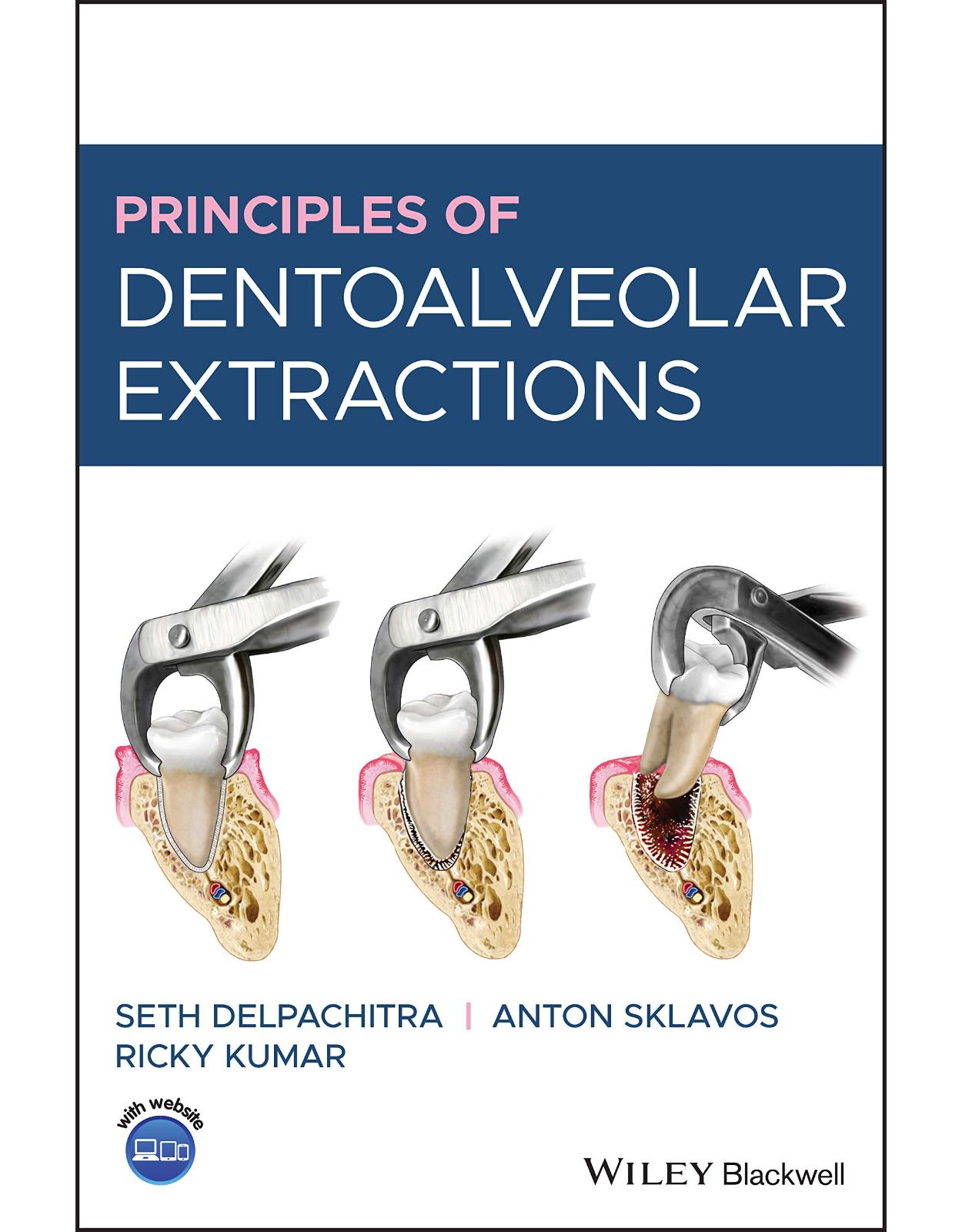
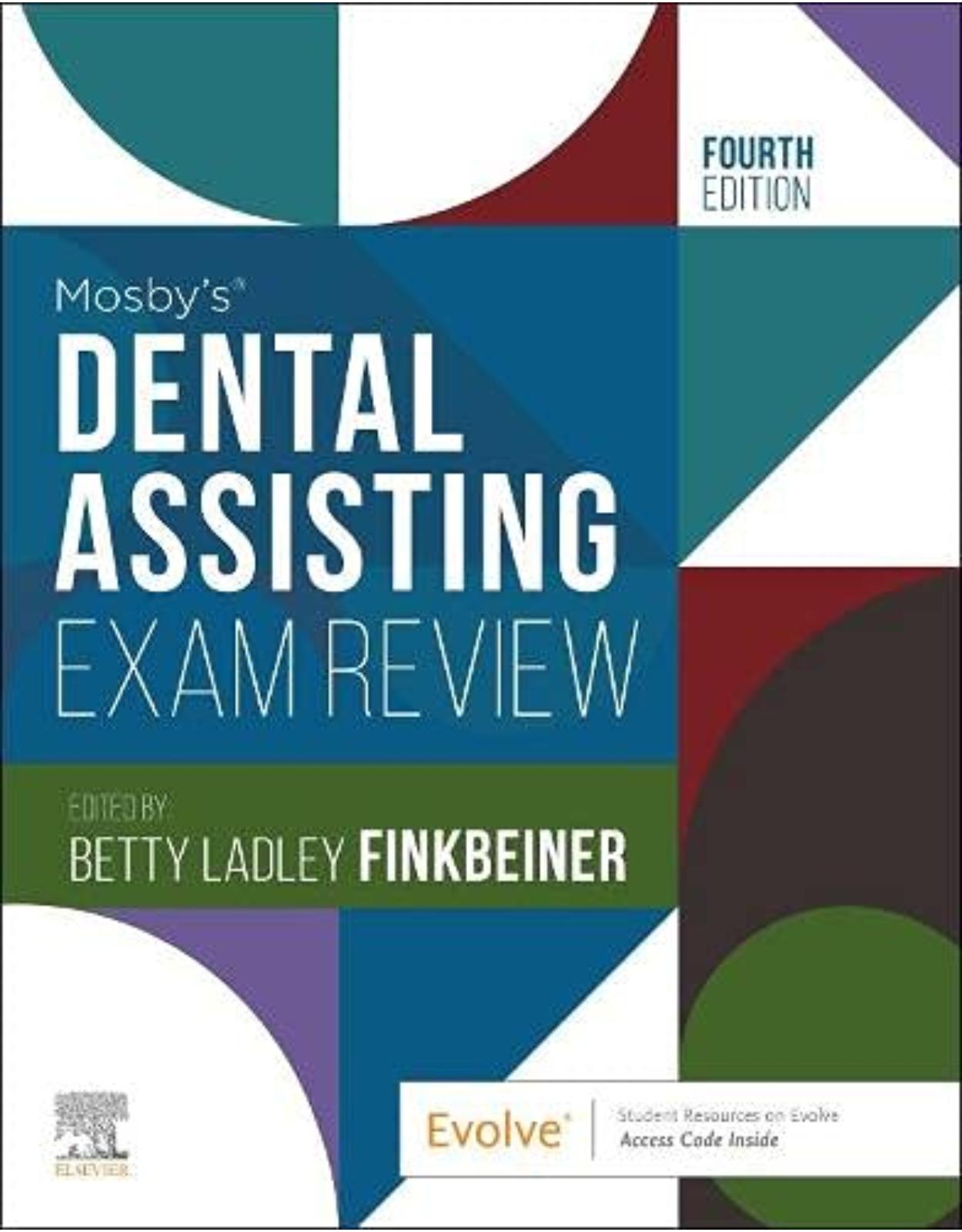
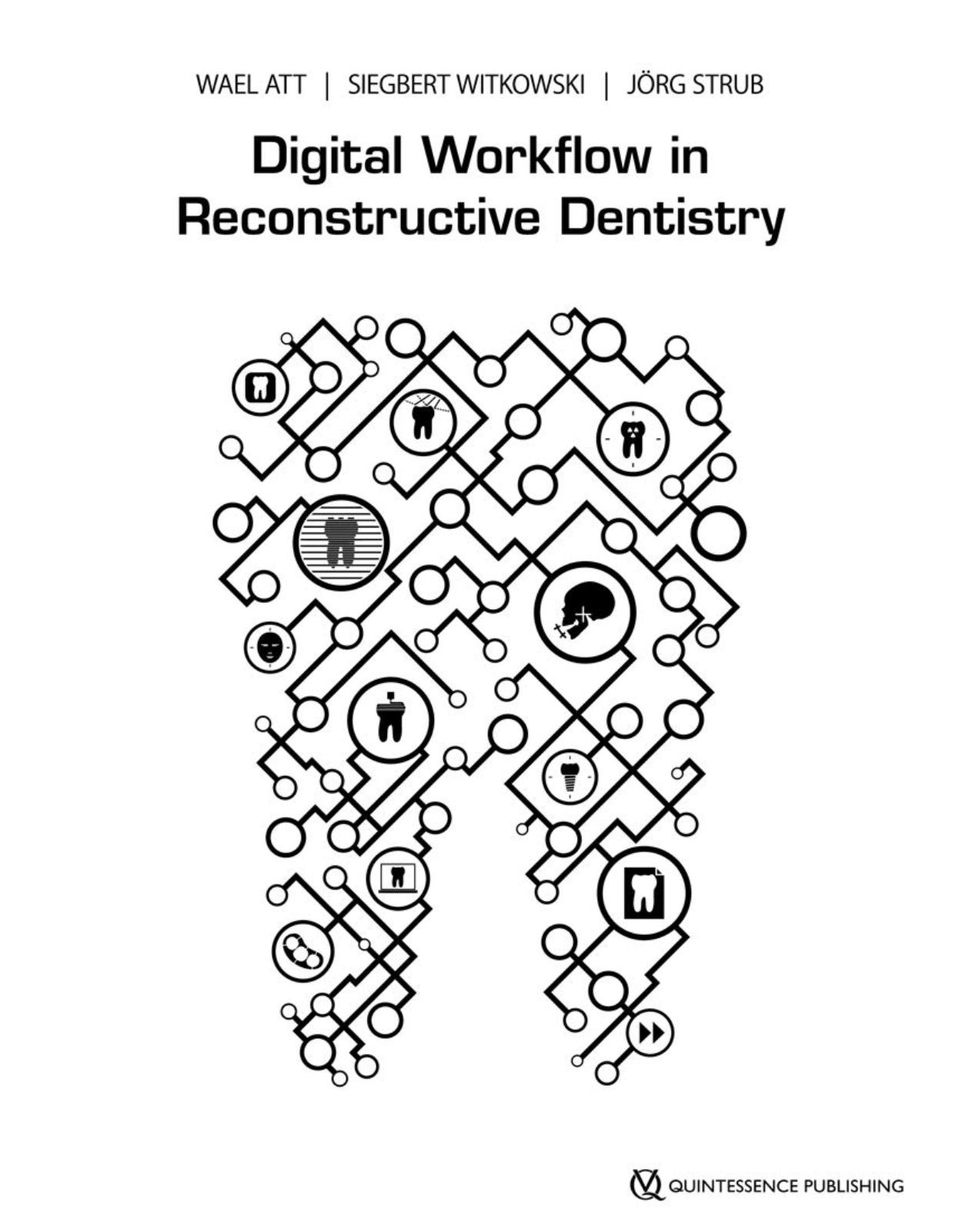
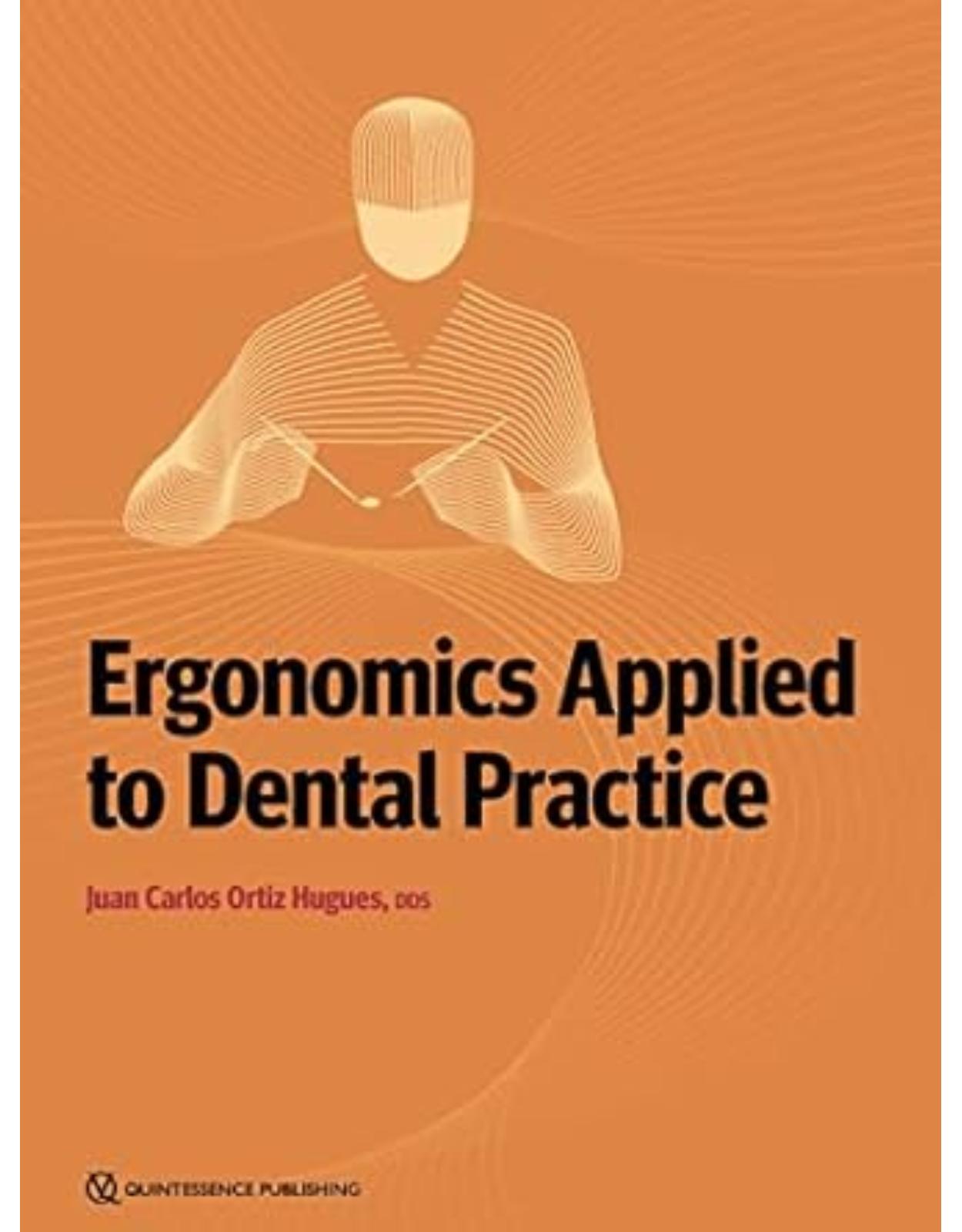
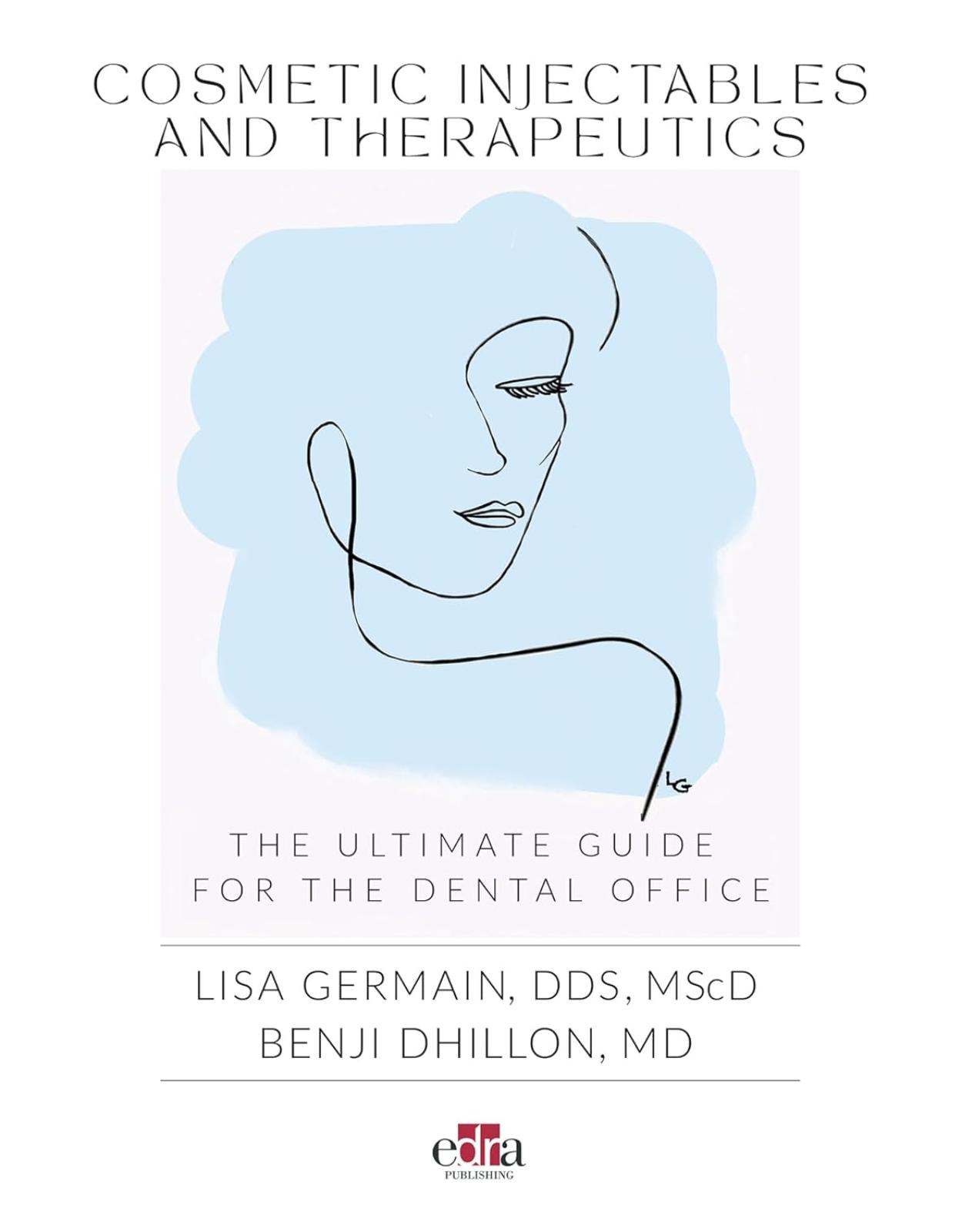
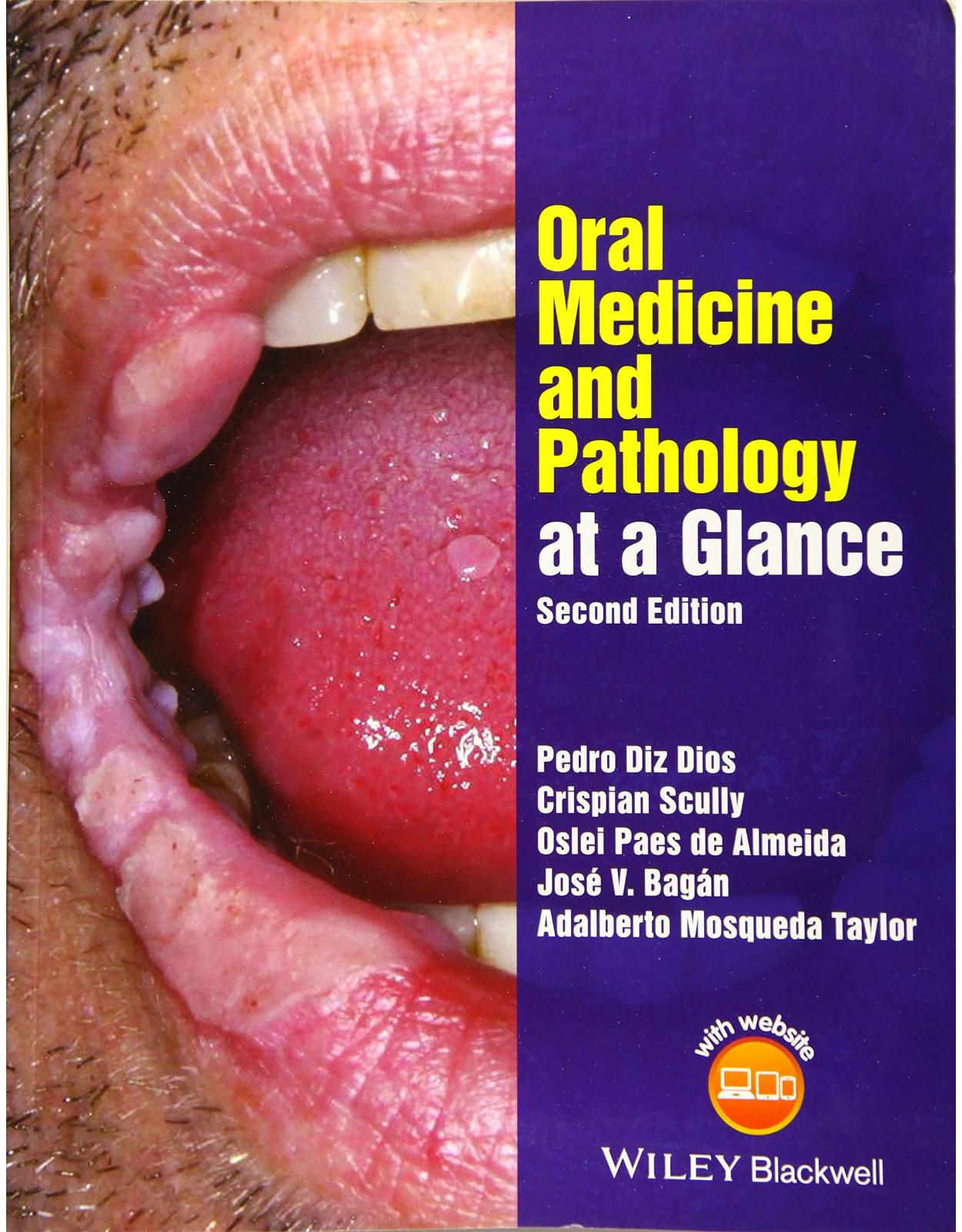
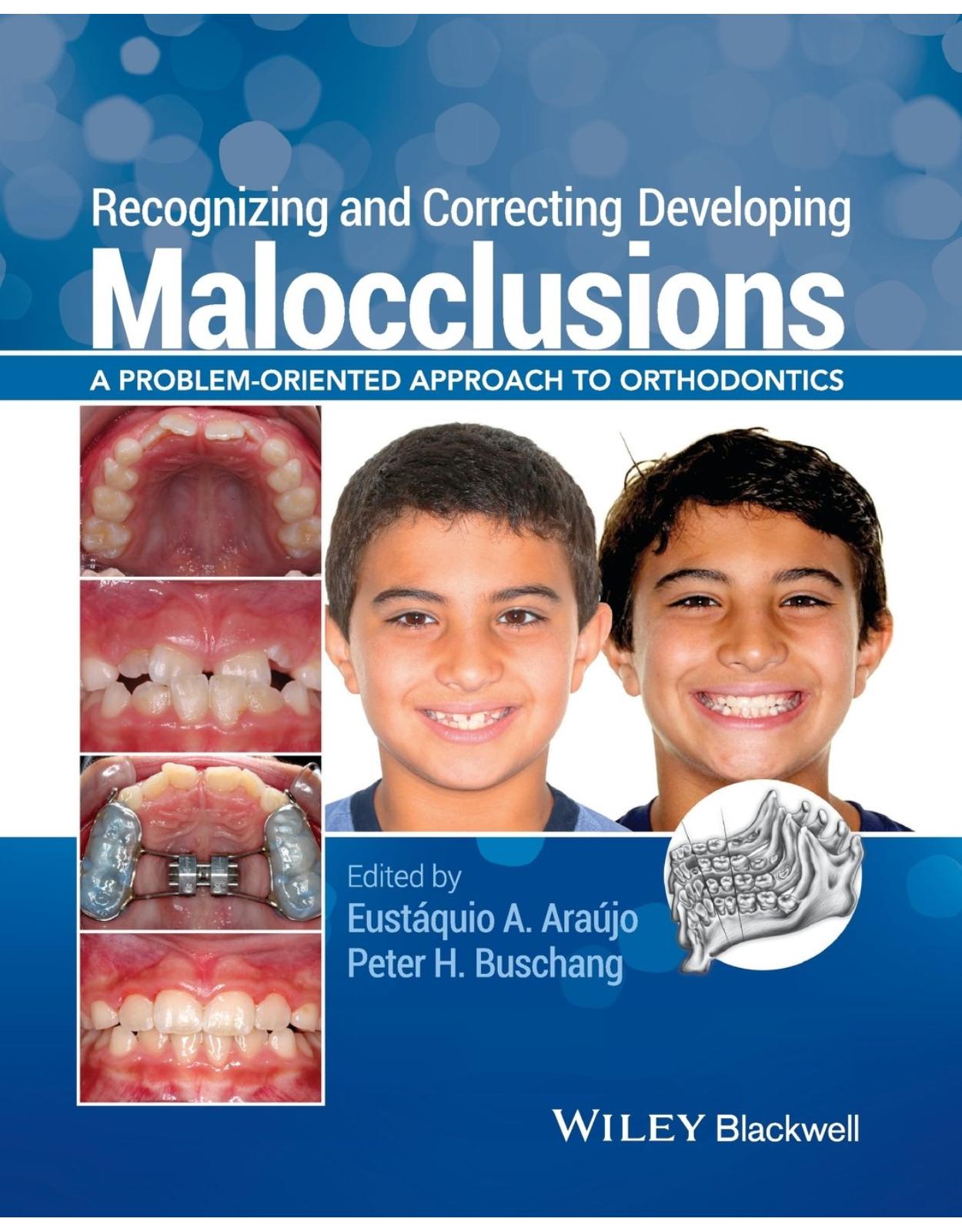
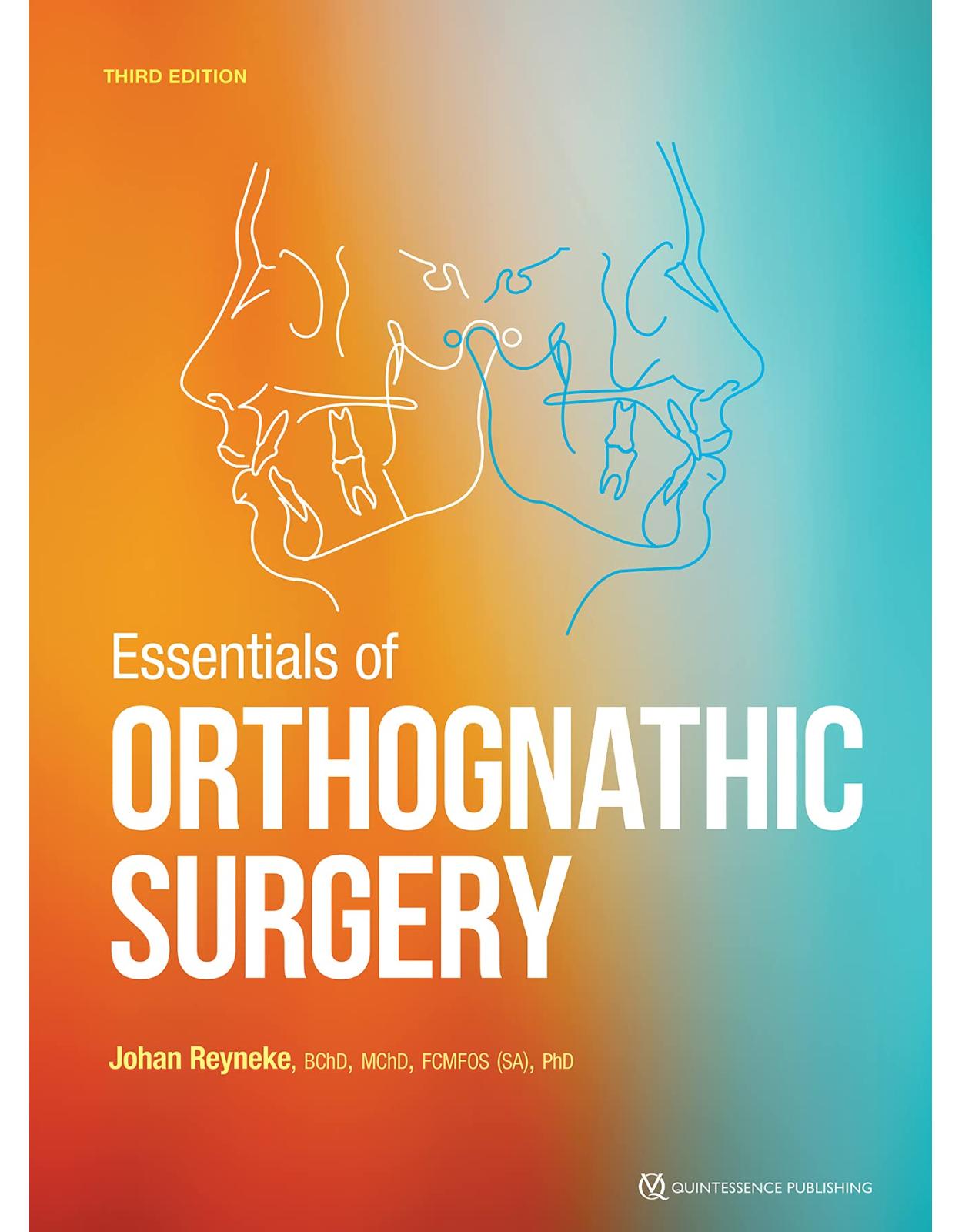


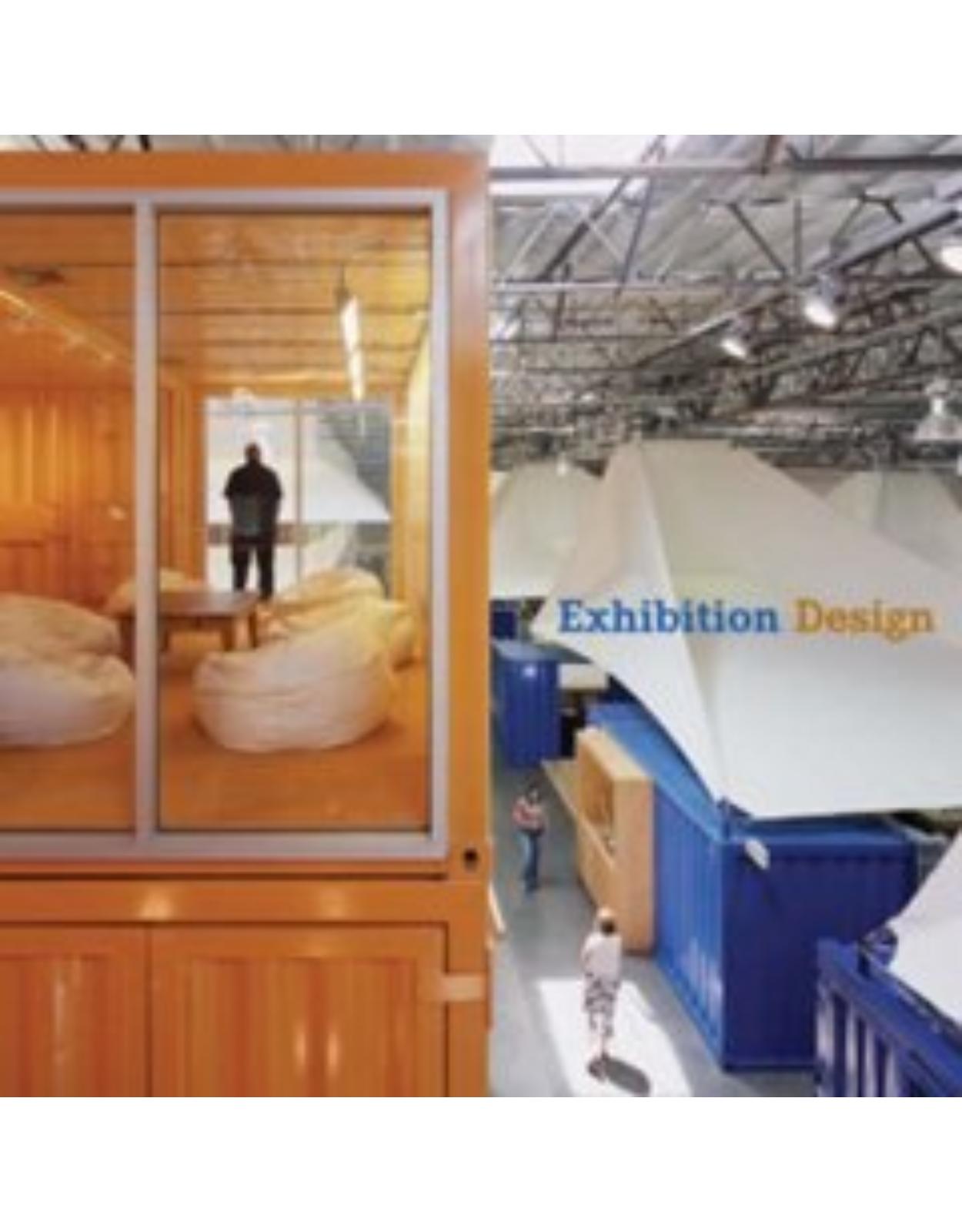
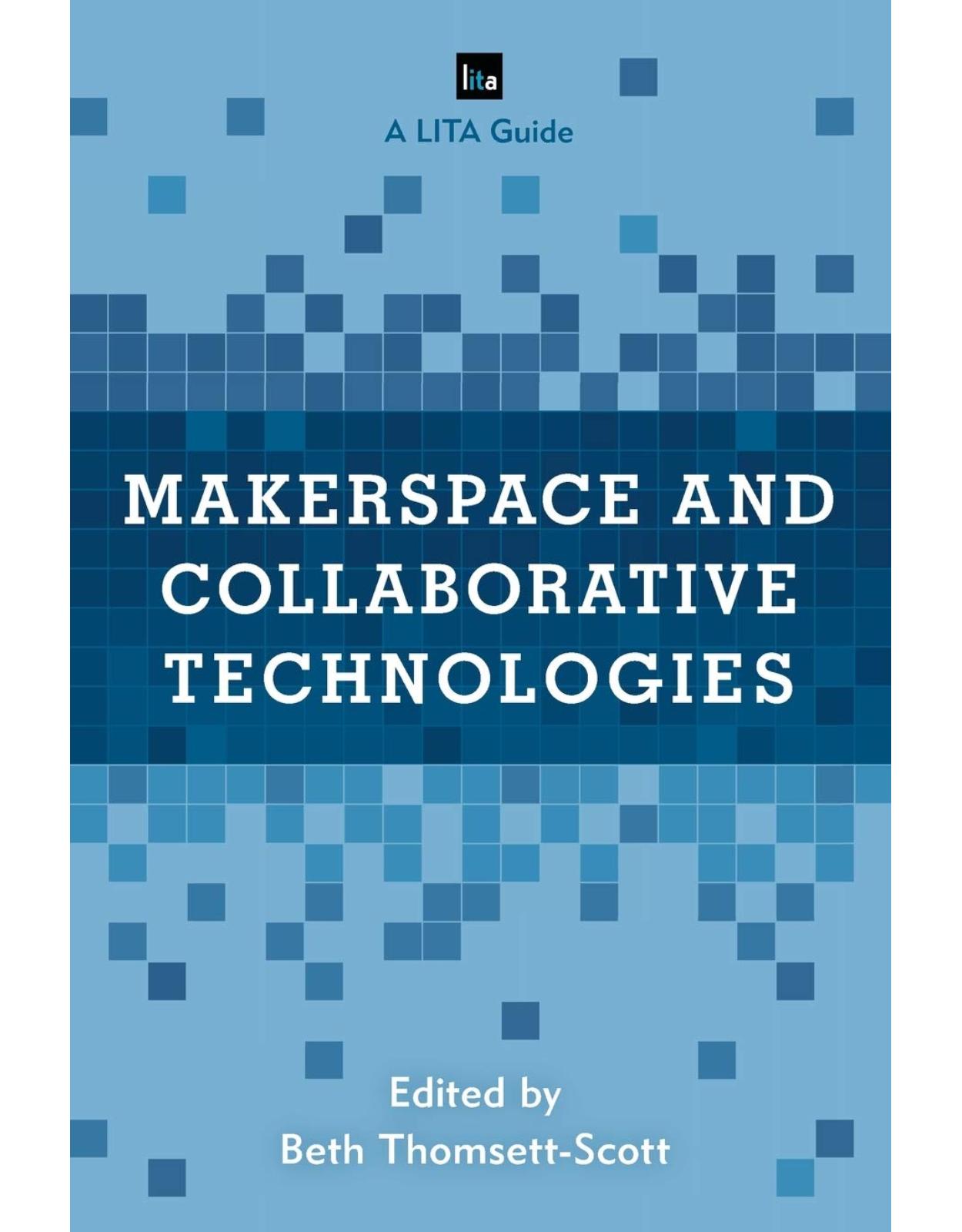
Clientii ebookshop.ro nu au adaugat inca opinii pentru acest produs. Fii primul care adauga o parere, folosind formularul de mai jos.